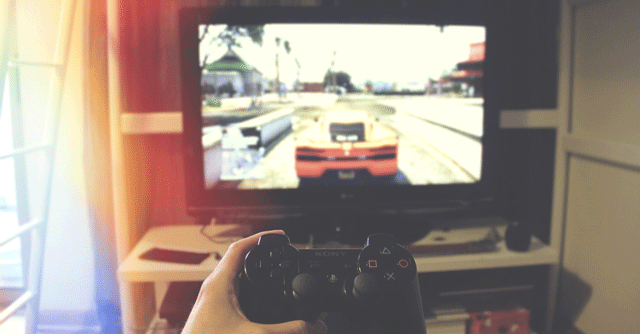
Three quarters of Indian gamers fell prey to cyber attacks in 2021


The global trend of growing cyber-attacks is catching up with Indian gamers. According to a report by security firm Norton, three quarter of Indian gamers surveyed by the company experienced a cyberattack on their gaming accounts in 2021. The report, called the 2021 Norton Cyber Safety Insights Report, is a global survey that included 703 gamers from India.
Further, the report said that 29% of the respondents found unauthorized access to their gaming accounts, while 35% found malicious software on their gaming devices. 4 in every 5 gamers who were attacked said that they were financially impacted, with an average loss of Rs. 7894.
“With online gaming come concerns, including hidden fees and in-game currency, characters, or other items being lost or stolen, as our survey showed to be the case for over half of respondents,” said Ritesh Chopra, Director Sales and Field Marketing, India and SAARC countries, NortonLifeLock, said. “In these challenging times, it is crucial to stay updated and aware of the threats that can compromise your safety and privacy in this complex digital world,” he added.

The report also noted that gamers are willing to take actions that could compromise their security, if those actions give them a competitive edge. Two in every five gamers said they are “at least somewhat likely” to hack into the gaming account of a friend, family member, or romantic partner in order to gain that edge.
The gaming industry has seen massive growth in India over the past year, followed by the pandemic driven lockdowns across the country. According to a June 2021 report from KPMG, India has 420 million online casual games, making it the second largest for such games. A separate report from analytics firm App Annie earlier this month found that the country has become the largest for mobile gaming, accounting for 4.8 billion gaming downloads during the third quarter of 2020 alone.
According to Norton’s report, three in every four gamers in India believe that they would “never fall for a gaming scam”, while over half agreed that they didn’t give it much thought.

